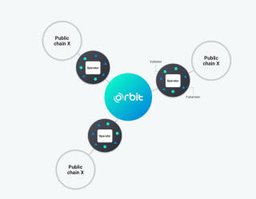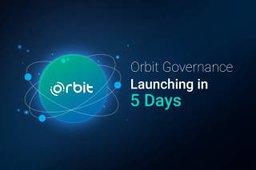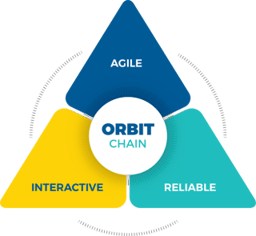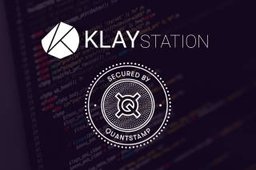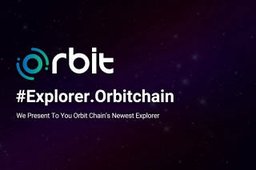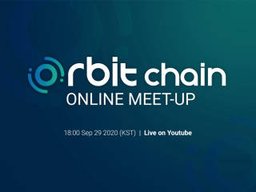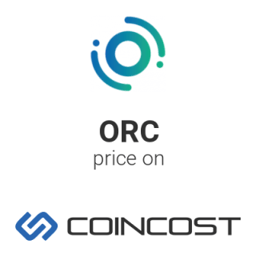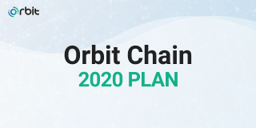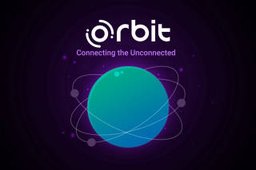Orbit Chain (ORC)
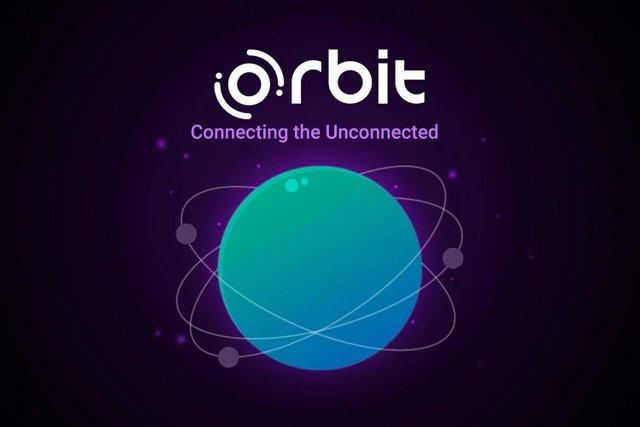
Orbit Chain (ORC)
Orbit Chain (ORC) is a multi-asset blockchain that stores, transfers, and verifies information and assets which exist on various public blockchains through decentralized Inter-Blockchain Communication (IBC). [1][2] Orbit Chain currently supports 8+ public chains including Bitcoin, Ethereum, Ripple, Tron, Klaytn, and Terra.
asdfOverview
Orbit Chain allows isolated public chains to connect to each other’s public blockchain.
Orbit Chain is operated by the Orbit consensus algorithm which is based on Byzantine fault tolerance (BFT) algorithm. Delegated Proof-of-Stake (DPoS) based consensus ensures fast block generation with instant finality and high transaction performance.[18]
All Public blockchains are connected to Orbit Chain through the IBC zone to share information, data, and assets using a standard format.
The IBC Zone verifies information and data from each public blockchain.
These verifications are processed on the blockchain so it is safer, more reliable, and operates with decentralized communication which doesn’t require a centralized operating and validating process.[18]
Orbit Bridge

How to use Orbit Bridge
Orbit Bridge enables users to transfer their assets between different blockchains.
It is based on an interchain communication protocol, Orbit Bridge IBC which enables different blockchains to communicate with each other using Orbit Chain.
It was built using a Multi-signature BFT consensus to establish a decentralized, trustless consensus process. By using this, anyone can utilize the various assets of various chains in all DApps through simple transactions on each chain. It supports major public chains including Bitcoin, Ethereum, Ripple, Klaytn, etc. [15] [16][17]
In September 2021, Orbit Bridge service successfully passed the security audit by Theori, a cybersecurity R&D firm based in Austin, TX.[22]
On January 7, 2022, the team behind Orbit Chain released Orbit Bridge Mobile and renewed the existing Orbit Bridge PC.
Tokenomics
ORC is a token of the Orbit Chain ecosystem.
It is used as a cost for resource usage through transactions, a cost for transfer of funds through transactions, a method of staking (participation in block producing and validation), the exercise of voting power within the governance, and as a cost for utilizing the IBC.[29]
ORC Buyback & Burn
The Orbit Team started the Buyback & Burn Program on July 30, 2021, and in the first round, 2,062,280 ORC tokens (worth about $2 million as of December 2021), equivalent to 50% of the Bridge Tax collected by Orbit Bridge were bought back at market price on KLAYswap and sent to the burn address.
However, in the second Buyback & Burn, the burn ratio of Bridge tax was changed from 50% to 100%, and the remaining 50% not burned in the first Buyback & Burn was burned in the second Burn.[19][23]
The second Buyback & Burn program began on November 15, 2021, and ended on November 30th, 2021.
A total of 5,549,543 ORC tokens were purchased and the corresponding amount of tokens was transferred to an obsolete wallet address (burned).[19]
Partnerships
Gala Games x Ozys
In November 2021, the team behind Orbit Chain, Ozys partnered with Gala Games to integrate Gala Games in Orbit Bridge and KLAYswap. Through Orbit Bridge, ERC-20 based GALA tokens became available in form of KGALA, a KCT-based token. KGALA became available through KLAYswap’s Drops, and was airdropped to users of KLAYswap, and liquidity pairs using the tokens were created.[20]
Orbit Chain x Celo
In November 2021, Orbit Chain partnered with Celo Foundation to integrate Celo as an origination chain on Orbit Bridge.
This means that Celo users can now bridge tokens directly from the Celo chain to other chains connected to Orbit Bridge.
This connectivity started off with Klaytn and Orbit Chain and includes in the future other Orbit Bridge connected chains like Ethereum, BSC, HECO, and Polygon. The first set of Celo tokens supported by Orbit Bridge is CELO and cUSD.[21]
Orbit Chain x Alameda Research
In June 2021, Orbit Chain received a strategic investment from Alameda Research to expand the reach of their proprietary cross-chain DeFi technology from South Korea to the global blockchain market. T.K. Park, CEO of Ozys and the Orbit family of products, said:
“We are excited for the new advancements that will be made possible in the field of DeFi as a result of this partnership.”[24]
Ozys x Polygon
In May 2021, Ozys announced a new partnership with Polygon, a protocol and a framework for building and connecting Ethereum-compatible blockchain networks. Through this partnership, Ozys worked with Polygon to expand and develop their growing DeFi ecosystem by leveraging Ozys’ focus on cross-chain interoperability.[27]
Ozys x HECO
In May 2021, Ozys announced a new partnership with HECO Chain (HECO), the first product launched by the Huobi Open Platform.
Through this partnership, Ozys worked with HECO to expand and develop their growing DeFi ecosystem by leveraging Ozys’ focus on cross-chain interoperability.[28]
Orbit Chain x Genesis Block Ventures
In April 2021, Genesis Block Ventures (GBV) announced a strategic partnership with Orbit Chain.
With a mission of building the future through blockchain technology, Genesis Block Ventures supported the development of the decentralized inter-blockchain protocol and ran a validator node on Orbit Chain.
Additionally, GBV became the key partner in bringing Orbit Chain to the global blockchain ecosystem.[26]
